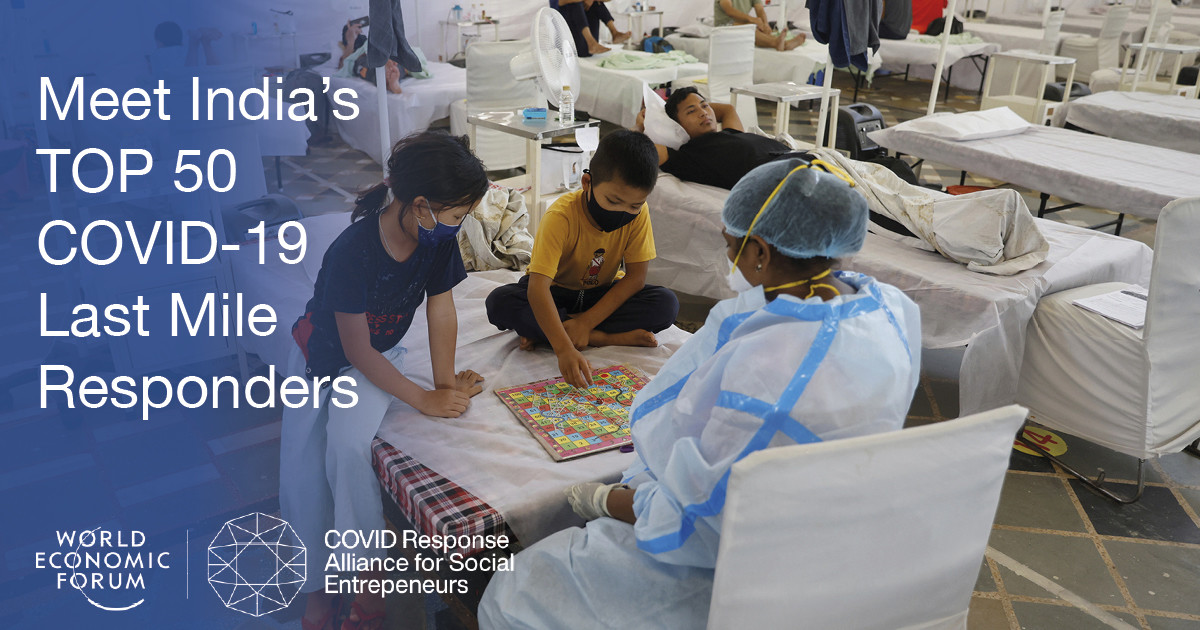COVID-19 vaccines for children: An expert explains

The Pfizer/BioNTech vaccine is set to be approved for children aged 5-11 in the United States. Image: REUTERS/Dado Ruvic/File Photo/File Photo
- The Pfizer/BioNTech COVID-19 vaccine is set to be approved for use in children aged 5-11 in the United States.
- Sabrina Assoumou, an infectious disease specialist, explains how the vaccine will be administered and the positive impact it could have on controlling the pandemic.
Some 28 million Americans still aren’t eligible for coronavirus vaccines—elementary school-aged kids between the ages of 5 and 11—but Biden administration officials announced that’s poised to change soon.
The White House announced that it’s expected the Federal Drug Administration (FDA) and Centers for Disease Control and Prevention (CDC) will soon approve and recommend a scaled-down version of the Pfizer-BioNTech vaccine for pediatric use.
Rather than rely on the mass inoculation sites that got shots into the arms of adults and kids aged 12 and up, officials say the rollout plan for vaccinating 5- to 11-year-olds will take place in 25,000 pediatric or primary care offices across the United States.
The FDA met this week to discuss an emergency authorization of the Pfizer-BioNTech vaccine for 5- to 11-year-olds, opening the door for an FDA ruling and CDC recommendation to be in place by early November. With the school year well underway, and holiday travel just around the corner, the rollout of pediatric doses could come just in the nick of time to stave off more infections this winter.
Here, Sabrina Assoumou, an infectious disease specialist and assistant professor of medicine at Boston University, talks about the scaled-down vaccine for kids and how it will affect the overall dynamics of the ongoing pandemic:
Q: How do the vaccines for 5- to 11-year-olds differ from vaccines for older kids (12 years and up) and adults?
The vaccine currently being evaluated by the FDA and CDC for 5- to 11-year-olds uses the same technology. The Pfizer vaccine is an mRNA vaccine.
The main difference between the vaccine given to individuals older than 12 years and the one currently being evaluated for 5- to 11-year-olds is that a lower dose will be used for the younger children. One-third of the adult dose was shown to be safe and provide a robust immune response for 5- to 11-year-olds.
Q: Why will the vaccines be rolled out differently—through pediatric offices—instead of mass inoculation sites like we saw for adults?
The White House is shifting the approach for 5- to 11-year-olds, because there are data showing that parents often prefer to have their children vaccinated in locations that they are familiar with and with clinicians who are trusted messengers.
We also have experience from prior vaccination efforts showing that vaccinating children in pediatric offices has been successful. In addition to pediatric offices, vaccines will also be available at hospitals, health centers, and some community sites.
Q: How much are children aged 5-11 currently contributing to the spread of COVID in the US? What effect will vaccinating this group have on life in America?
Recent data during the Delta wave showed that children can get infected with severe acute respiratory syndrome coronavirus 2 (SARS-CoV-2) and that they can transmit it. We also know that during a time when Delta is the dominant variant, we will need a high level of immunity in the community to decrease transmission.
Given that children can transmit the virus and that there are 28 million children aged 5-11 in the US, it will be important to also vaccinate them so that we can decrease the level of transmission in the community.
India’s leading COVID-19 last-mile responders
Q: What can you tell parents about the safety aspect of the COVID vaccines for children?
The Pfizer vaccine is safe and provides a robust immune response for children 5 to 11 years of age. If parents have questions about the safety and efficacy of the vaccine, they should talk to their child’s health care professional to have their questions answered.
In terms of real-world clinical data in children or young adults, a recent study published by the CDC showed that two doses of the Pfizer vaccine are highly effective in preventing COVID-19 hospitalization among persons aged 12-18 years.
We are hoping to have real-world data for younger children once the vaccines are authorized for this age group, but we have information showing that the vaccines provide advantages for young adults.
Don't miss any update on this topic
Create a free account and access your personalized content collection with our latest publications and analyses.
License and Republishing
World Economic Forum articles may be republished in accordance with the Creative Commons Attribution-NonCommercial-NoDerivatives 4.0 International Public License, and in accordance with our Terms of Use.
The views expressed in this article are those of the author alone and not the World Economic Forum.
Stay up to date:
COVID-19
Forum Stories newsletter
Bringing you weekly curated insights and analysis on the global issues that matter.
More on Health and Healthcare SystemsSee all
Mansoor Al Mansoori and Noura Al Ghaithi
November 14, 2025









